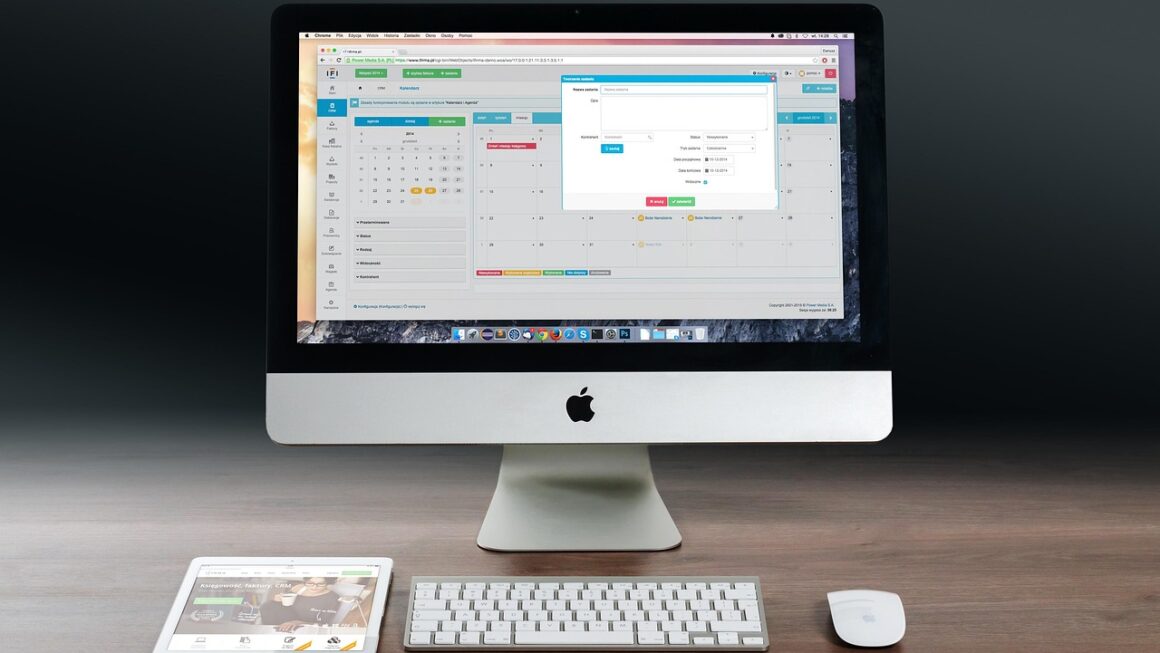Freelancing has exploded in popularity, offering individuals unprecedented control over their careers and allowing businesses access to a wider talent pool than ever before. Whether you’re a seasoned professional looking for more flexibility or just starting out, understanding the landscape of freelancing is crucial for success. This comprehensive guide will walk you through the essential aspects of freelancing, from finding your niche to managing your finances and building a thriving independent career.
What is Freelancing?
Defining Freelancing
Freelancing, at its core, is about offering your skills and services to clients on a project-by-project basis, rather than being tied to a traditional employer. You are essentially your own boss, setting your own rates, choosing your projects, and managing your own time. This can encompass a wide range of fields, from writing and design to web development and consulting.
The Rise of the Freelance Economy
The freelance economy is booming. Studies show that a significant percentage of the workforce now participates in freelancing, contributing billions to the global economy. Factors contributing to this growth include:
- Technological advancements: Online platforms and tools have made it easier to connect freelancers with clients worldwide.
- Demand for specialized skills: Businesses often need specific expertise for short-term projects, making freelancers an attractive option.
- Desire for flexibility: Many individuals are drawn to freelancing for the work-life balance it can offer.
- Cost-effectiveness for businesses: Hiring freelancers can be more economical than employing full-time staff, especially for niche roles.
Freelance vs. Traditional Employment: Key Differences
| Feature | Freelancing | Traditional Employment |
|—|—|—|
| Employment Status | Independent Contractor | Employee |
| Income | Project-based, variable | Salary, stable |
| Benefits | Self-funded (health insurance, retirement) | Employer-provided (health insurance, retirement) |
| Taxes | Self-employment taxes | Withheld by employer |
| Control | High degree of autonomy | Limited autonomy |
| Job Security | Dependent on securing projects | More stable, but subject to layoffs |
Finding Your Freelance Niche
Identifying Your Skills and Passions
The first step to becoming a successful freelancer is identifying your core skills and passions. What are you good at? What do you enjoy doing? Where does your expertise lie? Creating a list of your abilities and interests can help you pinpoint potential freelance services.
- Example: If you’re skilled in graphic design and passionate about sustainability, you could specialize in designing eco-friendly marketing materials for environmentally conscious businesses.
Researching Market Demand
Once you’ve identified your skills, research the market to see which ones are in demand. Use online tools like Google Trends, keyword research tools (e.g., SEMrush, Ahrefs), and freelance platforms to gauge the demand for different services.
- Tip: Look for niches with high demand and relatively low competition to increase your chances of success.
Specializing for Success
While it might be tempting to offer a wide range of services, specializing in a specific niche can set you apart from the competition. Becoming an expert in a particular area allows you to:
- Charge higher rates: Specialists are often perceived as more valuable.
- Attract higher-quality clients: Clients seeking specific expertise will be drawn to your specialized services.
- Build a strong reputation: Becoming known as the go-to person in your niche can lead to more referrals and opportunities.
Building Your Freelance Business
Creating a Professional Online Presence
In today’s digital age, a strong online presence is essential for freelancers. This includes:
- A professional website or portfolio: Showcase your skills, experience, and past projects. Include testimonials from satisfied clients.
- A compelling LinkedIn profile: Optimize your profile with relevant keywords and highlight your freelance services.
- Active social media presence: Engage with your target audience on platforms like Twitter, Facebook, and Instagram. Share valuable content and participate in industry discussions.
Finding Freelance Opportunities
There are numerous ways to find freelance opportunities, including:
- Freelance platforms: Websites like Upwork, Fiverr, and Guru connect freelancers with clients.
- Job boards: Look for freelance roles on general job boards like Indeed, LinkedIn, and ProBlogger.
- Networking: Attend industry events, join online communities, and connect with potential clients on social media.
- Direct outreach: Contact businesses and organizations that you’d like to work with and pitch your services.
- Referrals: Ask satisfied clients to refer you to their network.
Crafting Compelling Proposals
When applying for freelance projects, it’s crucial to craft compelling proposals that highlight your skills and experience.
- Tailor your proposal to each project: Don’t use generic templates.
- Clearly demonstrate your understanding of the client’s needs.
- Showcase relevant past work.
- Provide a clear and concise explanation of your approach.
- Include a competitive rate and timeline.
Managing Your Finances as a Freelancer
Setting Your Rates
Determining your freelance rates can be challenging. Consider the following factors:
- Your experience and expertise: More experienced freelancers can command higher rates.
- The complexity of the project: More complex projects typically require higher rates.
- The client’s budget: Research the client’s budget and adjust your rates accordingly.
- Market rates: Research the going rates for similar services in your niche.
- Your operating costs: Factor in your expenses, such as software, internet, and office supplies.
Budgeting and Tracking Expenses
As a freelancer, you’re responsible for managing your own finances. This includes:
- Creating a budget: Track your income and expenses to ensure you’re staying on track.
- Tracking your expenses: Keep detailed records of all your business expenses for tax purposes.
- Separating business and personal finances: Open a separate bank account and credit card for your freelance business.
Understanding Taxes
Freelancers are considered self-employed and are responsible for paying self-employment taxes, which include Social Security and Medicare taxes.
- Estimate your taxes: Use a tax calculator to estimate your tax liability and set aside funds accordingly.
- Pay estimated taxes quarterly: Avoid penalties by paying your estimated taxes on time.
- Consult with a tax professional: A tax professional can help you navigate the complexities of self-employment taxes.
Essential Tools for Freelancers
Project Management Tools
Staying organized is crucial for managing multiple freelance projects. Project management tools can help you:
- Trello: A visual project management tool that uses boards, lists, and cards to organize tasks.
- Asana: A comprehensive project management platform with features for task management, collaboration, and reporting.
- Monday.com: A customizable work OS that allows you to manage projects, track progress, and automate workflows.
Communication Tools
Effective communication is essential for building strong client relationships. Consider using these communication tools:
- Slack: A messaging platform for real-time communication and collaboration.
- Zoom: A video conferencing platform for virtual meetings and presentations.
- Google Meet: Another popular video conferencing platform that integrates with Google Workspace.
Invoicing and Payment Tools
Streamline your invoicing and payment process with these tools:
- QuickBooks Self-Employed: A accounting software designed for freelancers.
- FreshBooks: A cloud-based accounting software that simplifies invoicing, expense tracking, and time tracking.
- PayPal: A secure online payment platform for sending and receiving payments.
- Stripe: A payment processing platform for businesses of all sizes.
Conclusion
Freelancing offers a rewarding career path for those seeking flexibility, autonomy, and the opportunity to pursue their passions. By understanding the key aspects of freelancing, from finding your niche to managing your finances and building a strong online presence, you can increase your chances of success and create a thriving independent career. Remember to continuously learn and adapt to the ever-evolving freelance landscape. With dedication and the right tools, you can achieve your freelance goals and build a fulfilling career on your own terms.




